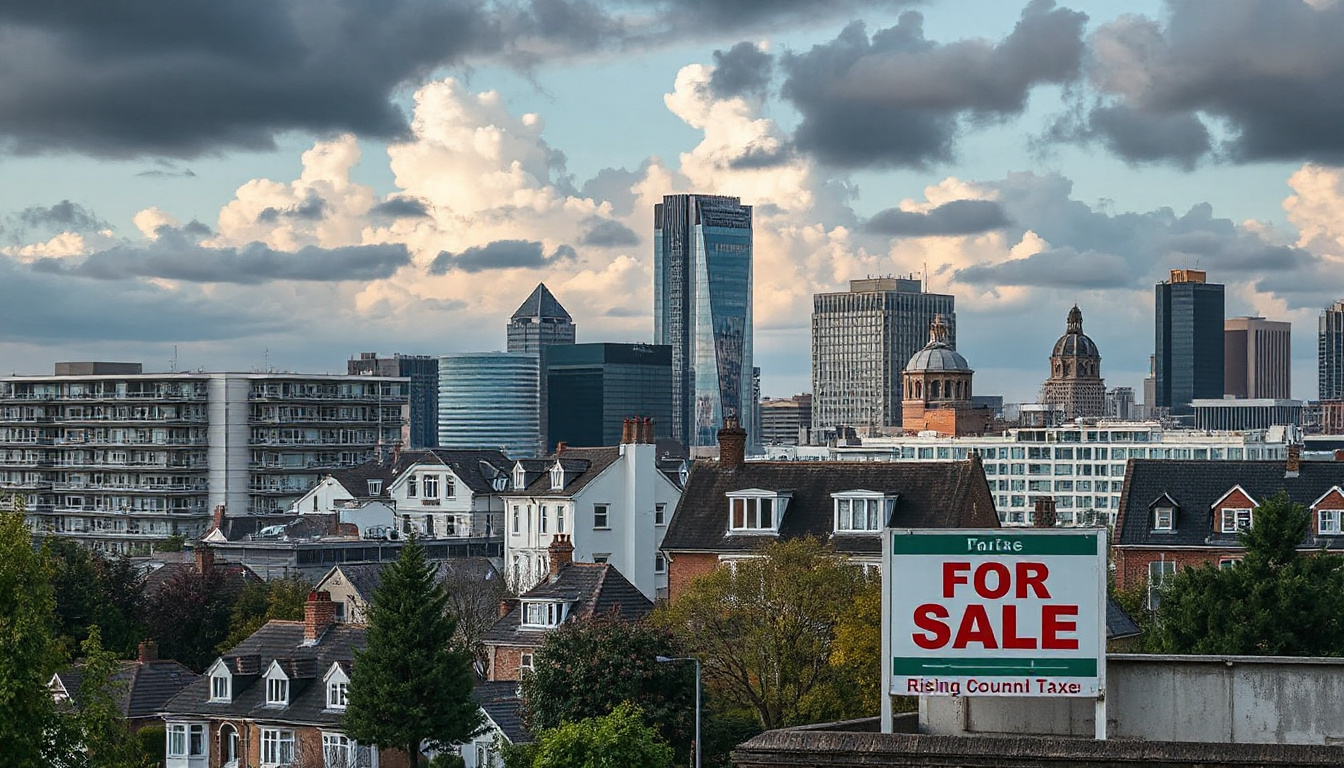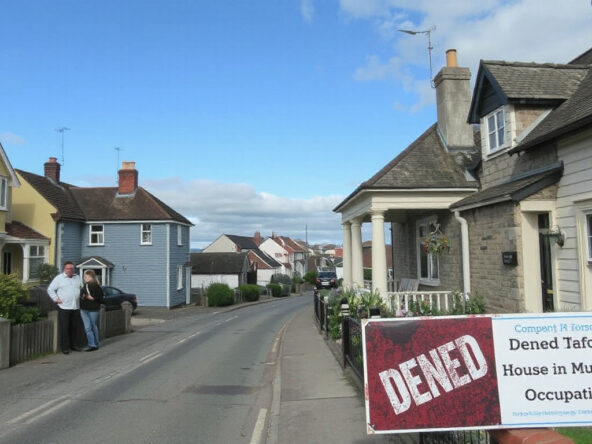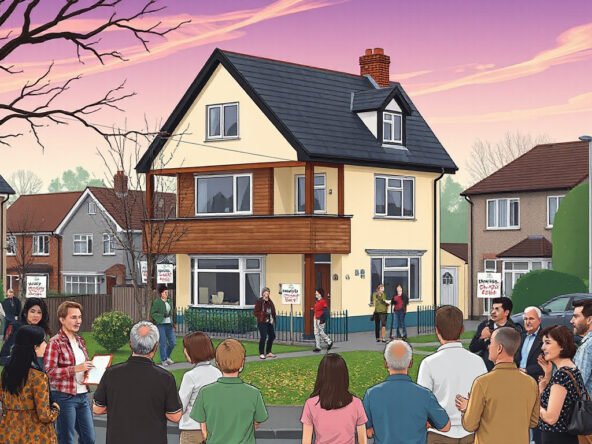Significant Council Tax Changes for Second Home Owners and Property Investors in 2024
The new year starts with a change. Second home owners and property investors in the UK face new council tax rules. Many local councils will add a tax premium on second homes. This premium may add up to 100% more to the bill. A second home’s annual tax could jump from about £2,171 to £4,342. The change targets areas with high housing demand.
Understanding the New Council Tax Premium
Local councils now can charge more on houses used as second homes. The law marks a home as second if the owner does not live there full time. The aim is to free up more homes in busy regions. Councils must tell owners one year before the change. The premium takes full effect in April 2024. ## Financial Implications for Property Investors
Property investors and second home owners face this change when other costs are rising. Stamp duty costs and limits on mortgage interest relief already add pressure. Council tax bills come in March, so the change will hit finances soon. One report shows that councils might collect over £100 million each year from this tax.
What Types of Properties Are Affected?
For the tax premium to apply, a property must be tagged as a second home. It must be set up and not used as a main home. Sometimes, cases are unclear and cause surprise tax bills. One case in Pembrokeshire charged an unfurnished wooden hut, even though it was not fit for living. Homeowners with unexpected bills should contact their local council and the Valuation Office Agency. If needed, they can ask to change their tax band or remove the property from the listings via the UK government website.
Other Property Types and Taxes
-
Buy-to-Let Properties:
Landlords who rent out buy-to-let properties usually do not pay council tax. In most cases, the tenant pays it. If the property is a House in Multiple Occupation (HMO) where rooms are let separately, the owner must pay the tax. -
Empty Homes:
Properties that remain empty and unfurnished for over 12 months may get an extra charge. The extra cost rises with the period of emptiness. For properties empty for more than ten years, the extra charge may reach 300%. -
Holiday Lets:
Holiday let properties follow a different rule set. They often pay business rates instead of council tax. To fit the rule, a holiday let must be available for short stays for at least 140 days a year and be rented out for at least 70 nights.
Conclusion
The council tax changes for second home owners mark a new step in UK property tax rules. The higher costs may affect profits and the way properties are managed. Property owners should watch these changes closely and plan for them. As the market shifts, staying informed is key for every investor and owner. For more details on council tax and its effects on your property, check local council websites and trusted property news sites.



